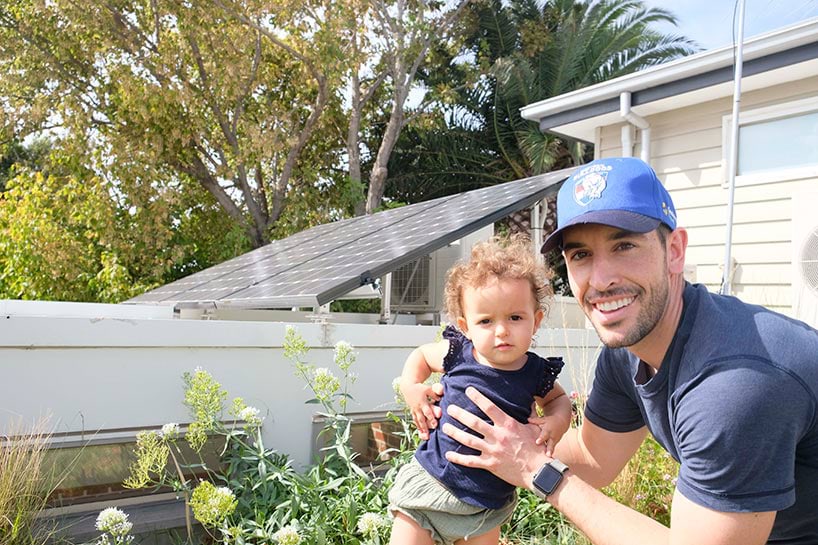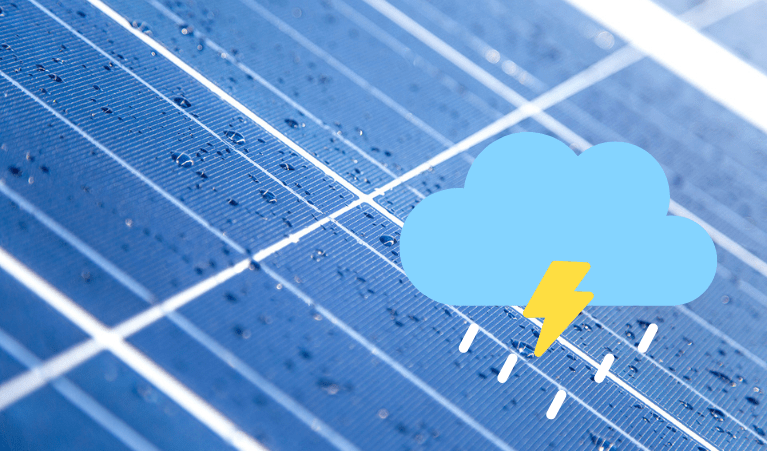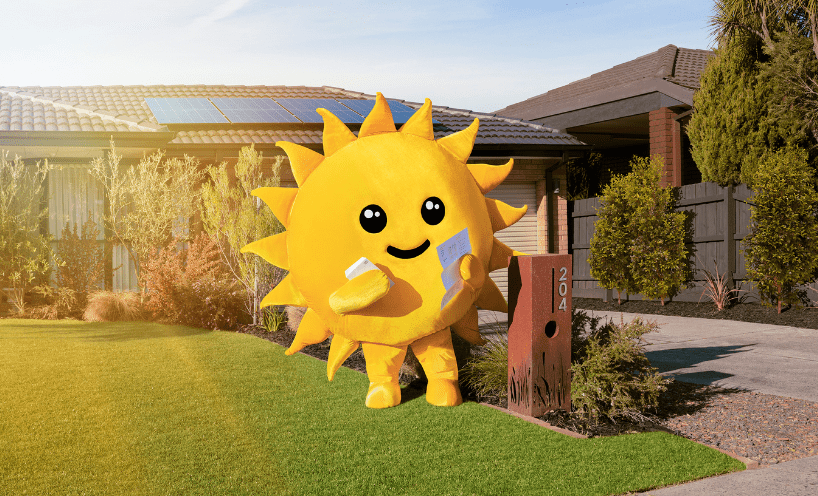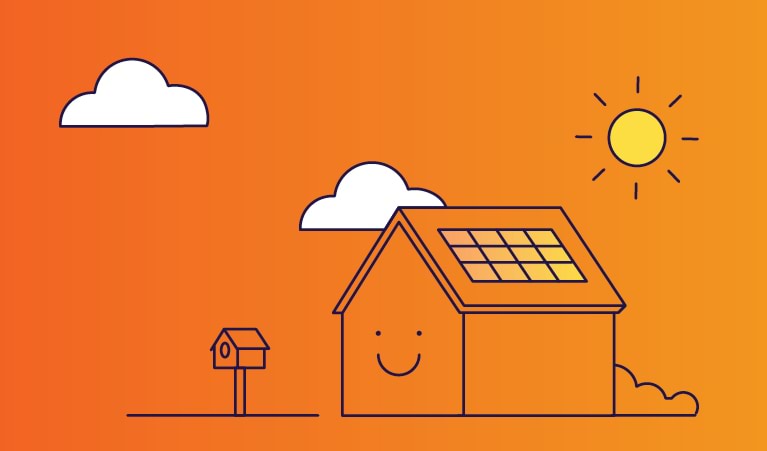Learn how more than 700,000 Victorian homes are enjoying cheaper and cleaner energy all year round thanks to solar.
Do solar panels work when it’s cold?
It may surprise you to learn that solar panels do work during cold weather. That’s because they operate by converting sunlight – not heat – into electricity. So, your solar panels will work during daylight hours in winter, even when it’s chilly.
Do solar panels work when it’s cloudy?
Yes. Solar panels are most effective in direct sunlight, but they can also generate power from indirect sunlight. So even on cloudy and rainy days, you can expect solar panels to keep generating some energy. Rain can also wash away dirt and dust that’s gathered on them. This helps keep them working well.
How well does solar work in winter in Victoria?
So, is it worth installing solar if you live in a cold, cloudy area? Yes! Hundreds of thousands of Victorian homes enjoy savings from solar – even when the weather is gloomy. Surveys show that Solar Homes customers who maximise the use of the energy generated by their solar panel system can save more than $1,000 each year.
You can expect your solar panels to generate less power in winter than in summer due to the shorter, cloudier days. But they’ll still help reduce your energy bills.
Many households with solar find they receive a credit from their electricity retailer in the sunnier months. That’s because they feed excess solar power into the electricity grid. In winter, they may need to draw on the grid more due to lower solar generation and higher energy needs (from heating). But those winter bills are partially offset by the credit that built up during summer.
Scott and Leanne’s story
Scott and Leanne from Yarraville benefit from their solar system all year round. It saves them around $1,500 a year on energy bills in their 100-year-old cottage.
In summer, their 4.5 kW system generates around 23 kWh a day. That’s way more than they need, so around 17 kWh gets exported to the grid.
In winter, the system produces an average of 9 kWh a day. It has generated up to 18 kWh on sunny winter days – not much lower than the summer performance! That’s a big help to keep heating costs down.
Scott and Leanne use energy efficiency and timing to make the most of their solar and achieve their impressive savings. They switched to an all-electric home, and they run their electric heat pump for hot water and hydronic heating, as well as their washing machine and dishwasher, during the day when solar power is available.

Making the most of solar through efficiency and timing
This young family is “hooked” on how to get the most out of their solar PV system, exploring the latest in energy efficiency and picking the best times to use solar generated electricity.
Planning your solar system
If you’re looking to install solar, here are our tips to get the right system for your home – and to make the most of it:
- Check your roof to see if parts are shaded. Then input this info into the SunSPOT Solar Calculator’s “Map my roof” function, which will help estimate your potential savings with solar. It can be a good idea to check this in winter, particularly around the winter solstice (when shadows are longest).
- Check your energy bills and discuss your usage with retailers when getting quotes. They can help you choose the right- sized system for your household’s needs. Also tell them if you want to make changes in future, like switching from gas to electric heating.
- Once you have solar installed, use a monitoring app to see when your panels are generating the most. You can then plan and time your energy consumption accordingly. Ask your retailer about apps compatible with your system.
- Consider adding a solar battery to store energy generated during daylight hours for when you need it. Victorians who have installed a solar battery through the Solar Homes Program are saving up to $650 more per year on their energy bills.
- If you have a heat pump hot water system, you can heat water for free with solar power all year round. Simply adjust the timer so it runs in daylight hours.
Get started
With gas and electricity prices continuing to rise worldwide, the sooner you install solar, the sooner you can start saving.
We offer solar panel (PV) rebates and interest-free loans (both up to $1,400) to help eligible Victorian households switch to solar.
Updated




